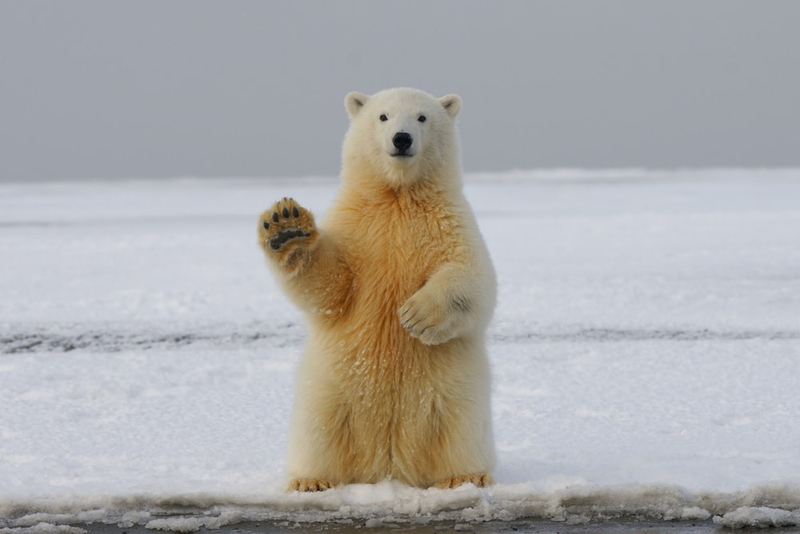
An exploration of wildlife conservation opens avenues to appreciate the interconnectedness between nature and humanity. This deep dive into the well-known somewhat resonates with the essence of “gone but not forgotten” captured by Speciologie's extinct animal clothing.
Learn More: Why "SPECIOLOGIE"
Below is a list of compelling facts that illustrate the profound implications of wildlife conservation for our planet.
Wildlife Conservation Enhances Food Security
Wildlife conservation plays a vital role in ensuring global food security. Approximately ten percent of our consumed food is returned to ecosystems as heat or waste, a process more pronounced in regions with higher animal presence, influenced by geographic factors such as river valleys.
A pertinent example is the Indus River flood plains in Pakistan, where Himalayan carbon runoff contributes to the creation of some of the world's most fertile soils. This area not only sustains diverse wildlife, including migratory Bar-headed Geese and the endangered Indus River Dolphin, but also exemplifies the connection between waste disposal and ecosystem enrichment.
In addition to managing waste, animals serve as key contributors to nutrient cycles. Through their consumption of plants and other animals, they reintroduce crucial, energy-containing nutrients into the environment, creating patches of heightened soil nutrient concentrations. This amplification process, occurring at various scales, supports a diversity of life and maintains the delicate ecological balance essential for global food security.
The Medicinal Value of Wildlife
While plants are primary sources of medicine, some animals also contribute to medicinal advancements. For example, cobra venom serves as a key component in leprosy medications, and lobsters can be utilized for antibiotics.

The conservation of both plants and animals is critical for drug research; it all but sustains the pharmaceutical industry. Protecting natural ecosystems, including trees and vegetation, is essential for preserving potential medicinal sources and advancing medical discoveries, underscoring the significance of wildlife conservation in the field of healthcare.
Preserves Heritage and Culture
Conserving wildlife extends beyond ecological considerations; it also involves the preservation of history and cultural heritage. Certain regions are known for their fauna and flora, which are intertwined with local customs and means of subsistence. Failing to protect the environment jeopardizes these lands and indigenous heritage, leading to the potential loss of unique cultural identities.
For instance, the ecosystem of the Serengeti Plain in Africa is home to thousands of migratory wild animals. It reflects the deep connection between wildlife conservation and the preservation of cultural landscapes. Guarding these ecosystems is the key to maintaining cultural richness, diversity, and, most importantly, visibility.
Advocate for Wildlife Conservation
Join our efforts to promote science-based conservation. Our lost species clothing line, including Quagga hoodie, Tasmanian tiger T-shirt and sweatshirt, promote awareness and provide a reminder of the importance of species conservation, with purchases funding donations to key organizations.
Contact us for support.
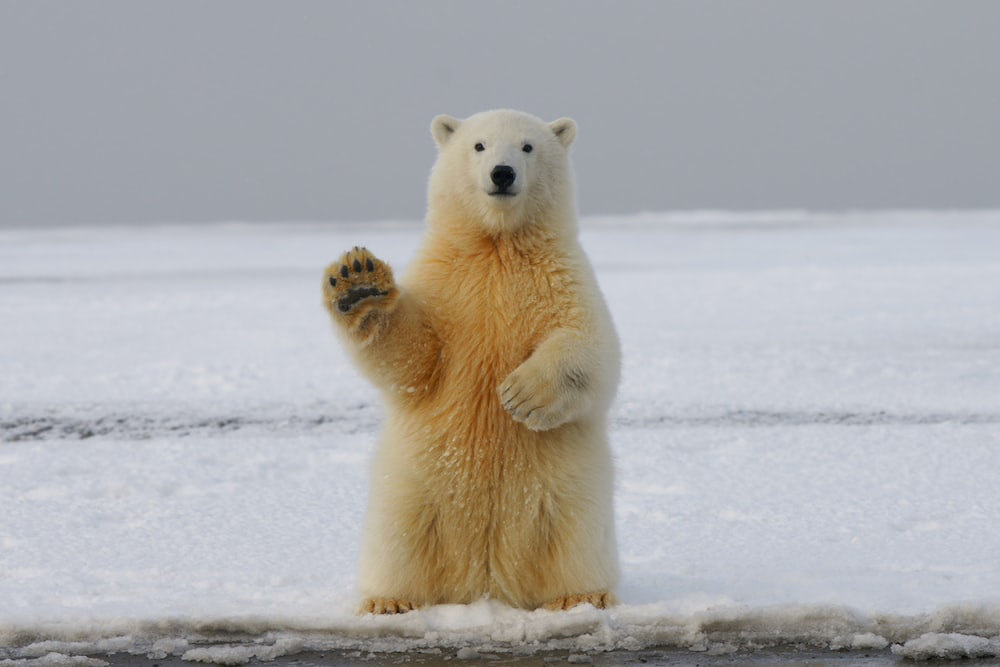

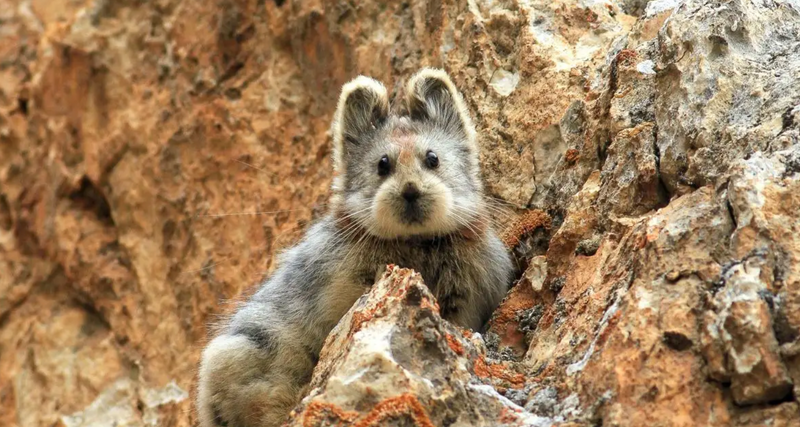
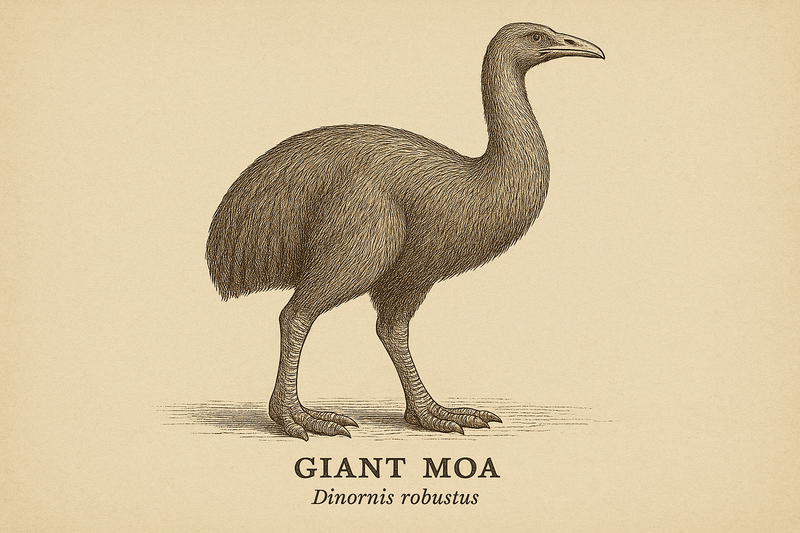
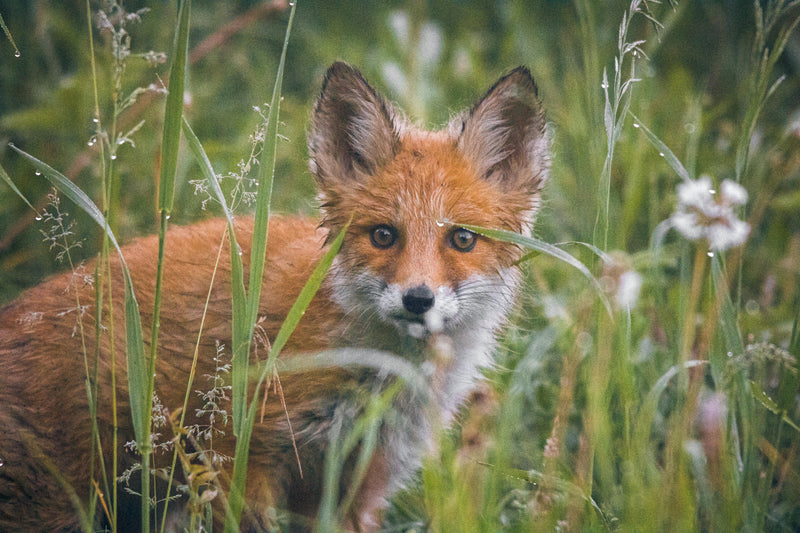

0 comments